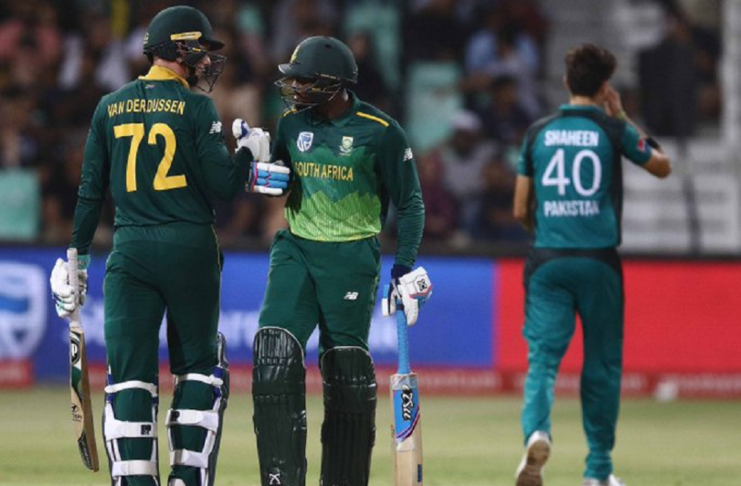South Africa had been struggling with the scourge of racism for decades. It took a visionary and indefatigable revolutionary in Nelson Mandela to lead South Africa towards integration, ending years of apartheid.
On the face of it, the rainbow nation took its first steps of being a free country where people of colour came to be held on a par with the ‘privileged whites’ and even occupied positions of power. The classic illustration being the ‘Madiba’ himself, who took over as the first president of a free South Africa.
However, while years have rolled since and the nation’s proudest son has also departed, the question that’s uppermost on every mind is whether South Africa has truly stepped away from the shadow of apartheid?
While it may have been consigned to certain pockets of the country, racial fault lines continue to hurt South African cricket. There has been occasional buzz around cricket administration in the rainbow nation, showing it in unflattering light.
There have been reports of cricketers of colour struggling to find representation at the national and domestic level despite the wealth of talent at their disposal.
Makhaya Ntini ‘forever lonely’
Now, a recent tell-all by former Protea quick Makhaya Ntini has opened a fresh can of worms and put the spotlight back on segregation and racial discrimination in South Africa.

Not one to hold back, Ntini, now 43, revealed that he felt “forever lonely” in the dressing room through the length of his playing career as he was shunned by most of his teammates.
The tearaway, who picked up 390 Test and 266 ODI wickets, shared the dressing room with the likes of Shaun Pollock, Jacques Kallis, Mark Boucher, Lance Klusener and Graeme Smith, among others.
Among 30 former South African cricketers to have voiced support to the ‘Black Lives Matter‘ movement, which has taken the world by storm in the wake of the custodial death of George Floyd in the US, Ntini bared all in an interview with South African Broadcasting Corporation.
“I was forever lonely at the time. Nobody knocked on my door to go for dinner. Teammates used to make plans right in front of me, skipping me out. When walking into the breakfast room, nobody came to sit with me,” Ntini revealed.
“We wear the same uniform and sing the same national anthem, but I had to overcome (the feeling of being isolated),” he said.
Sprinting to stadiums due to fear
He said he preferred not travelling in the team bus and sprinted, instead, to stadiums for fear of being subjected to a similar treatment during the ride. “I used to see the driver of the team bus, give him my bag, and then I would run to the cricket ground. I did the same on the way back, I just ran back instead,” the former South African speedster recalled.
“People never understood why I did that, I never told them what I was trying to avoid. It became my best thing, I didn’t have to face any of it,” he said.
Opening up on more unsavoury experiences, he said often sat alone at the back of the bus while his teammates sat close to each other in front. “If I was sitting at the back of the bus, they would go and sit at the front. Whenever we won, it was joyful but I was the first to be blamed whenever we lost,” he recalled.
South African Faf du Plessis, who also pledged support to the movement, acknowledged that racial inequality and injustice was a sad reality in his country and he wants to bring change through his words and actions.
However, the first step to addressing a problem is to own up to it. True change can only come when merit and not colour would decide whether a South African deserves to play for the flag.
Follow us on Facebook for more sports news & updates

